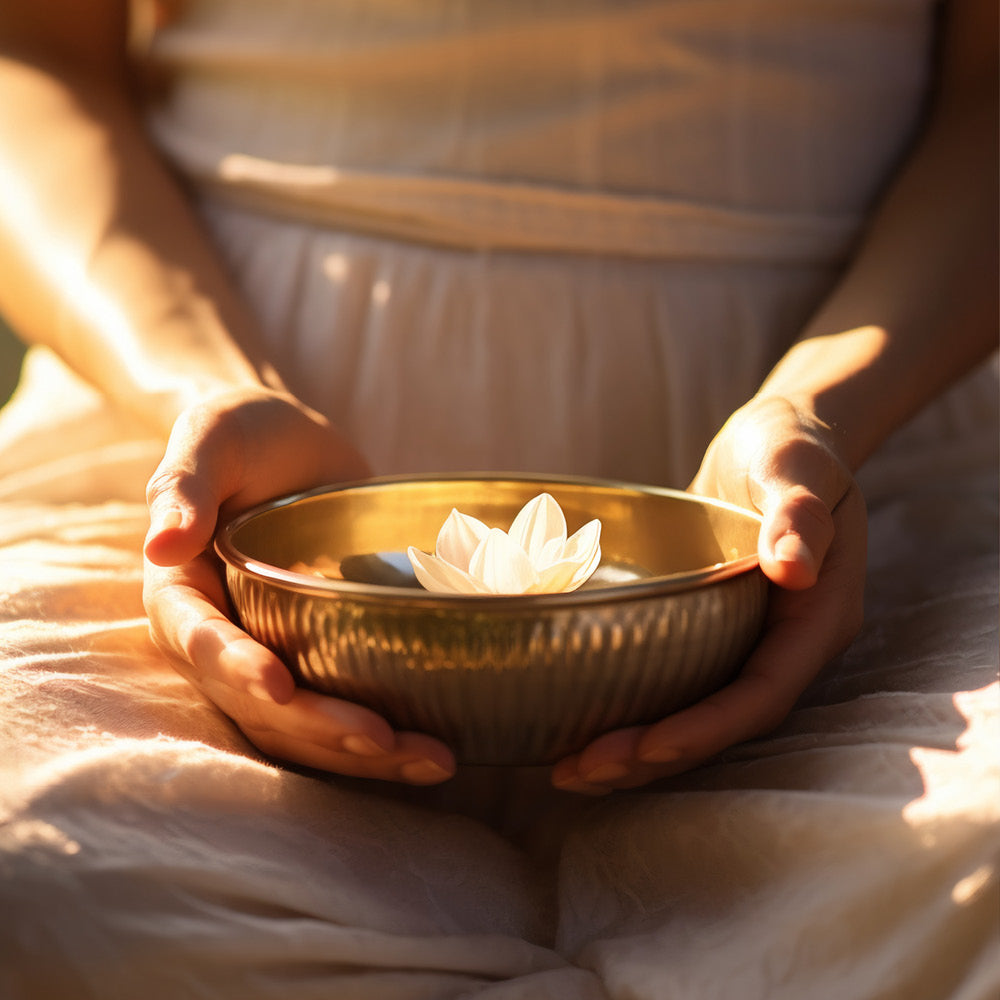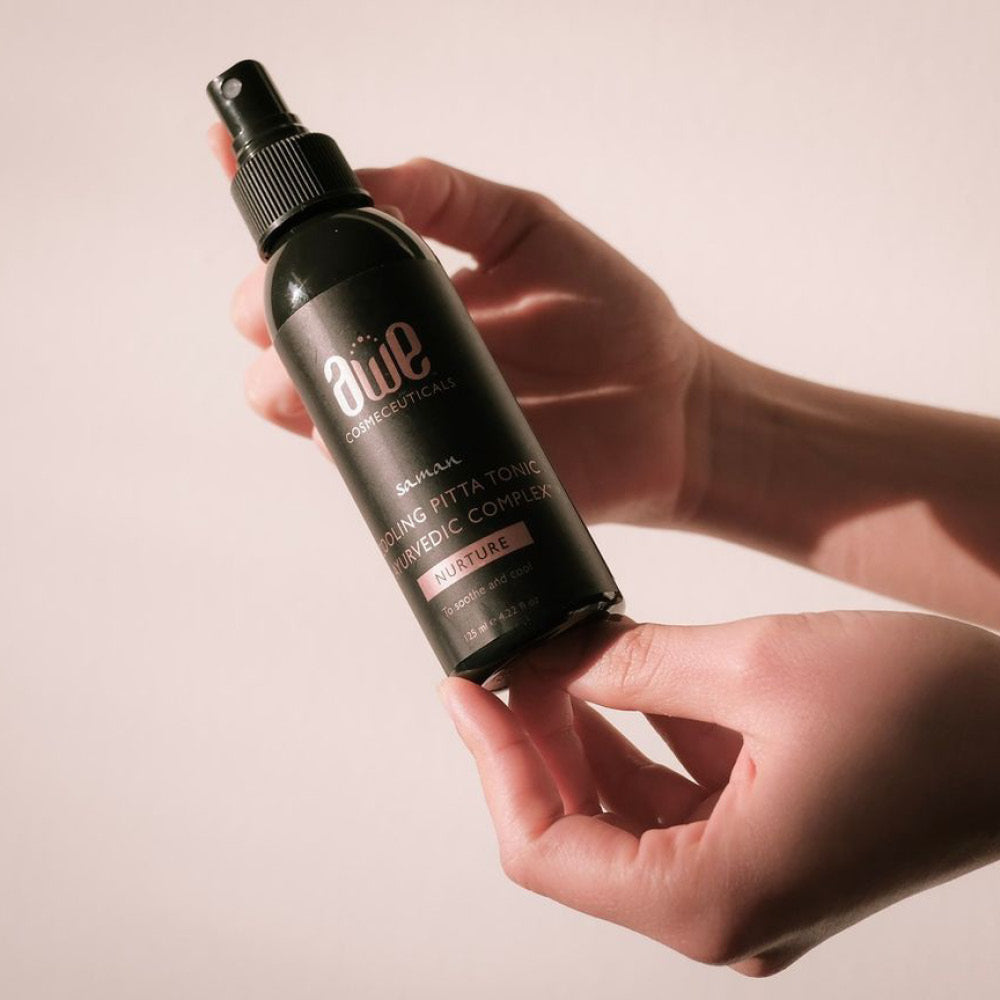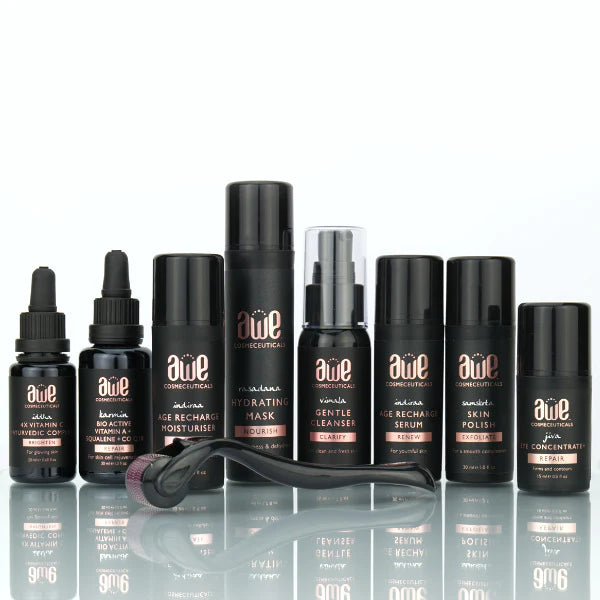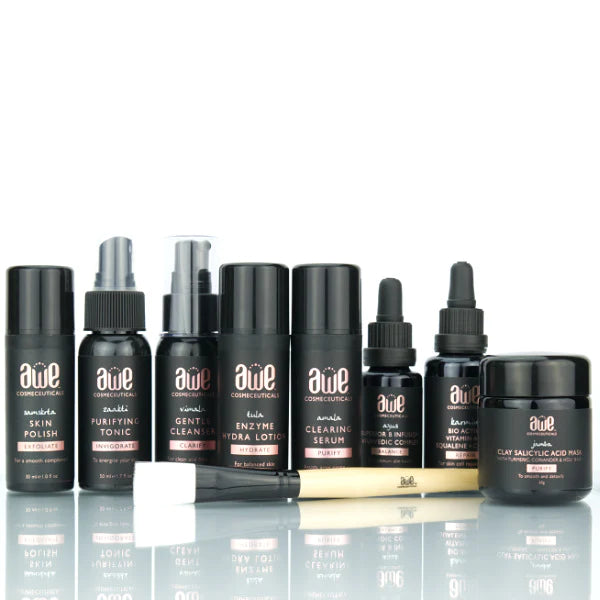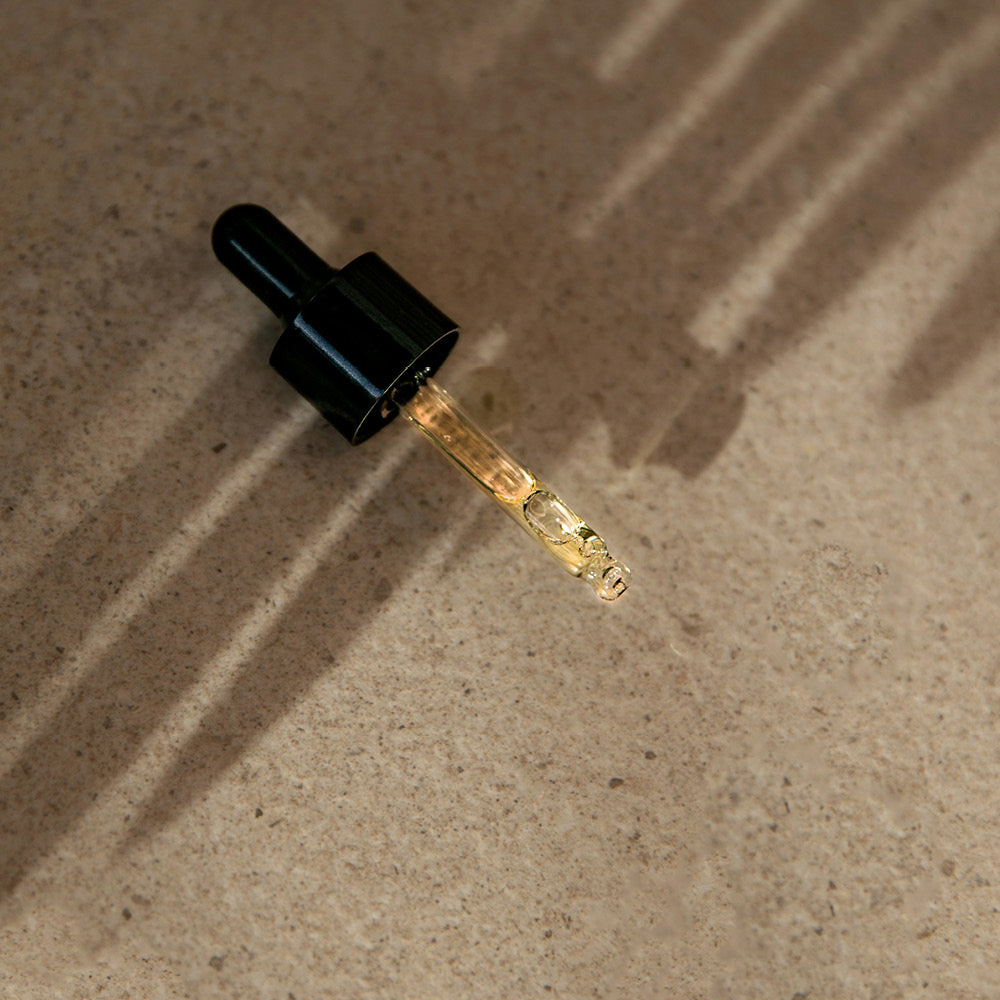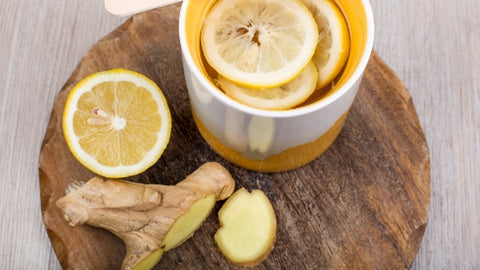
With the worldwide concern over the new COVID-19 and the arrival of Autumn, it's time to take a look at Ayurvedic principles around immunity.
Being in optimum physical and mental health is vital for a strong immune system. With the worldwide concern over the new COVID-19 it is a timely reminder to ensure our immune system is in great shape.
Ayurveda focuses strongly on the preventative aspects of medicine, meaning if we can maintain good health at all times through diet, lifestyle and spiritual pursuits, we are more likely to have a robust immune system and less likely to fall victim to the next thing going around.
What is immunity?
Immunity is defined as the quality or state of being immune. This means we can resist and prevent disease, particularly brought on by pathogenic micro-organisms.
We do this by having a well functioning immune system which responds to threats, especially those it has encountered before. Certain white blood cells act as memory cells and recognise pathogens that have been fought off previously. This is acquired immunity.
Viruses like the common cold and the flu are more difficult because there are numerous strains and types, hence why we can continually come down with these illnesses yearly.
Ayurveda’s take on immunity is fairly logical and straight forward in its approach.
Ayurveda refers to ‘ojas’ which is understood as ‘vigour’ it relates to immunity.
Ojas are an essential essence which are the end product of digestion and a by-product of the seven tissues of the body. If there is impairment in digestion the quality of the ojas is diminished.
In Ayurveda the digestive fire or ‘agni’ is essential to health. If the agni is too low, toxins start to build in the system, which then reduce the body’s immunity. Are you not hungry at meal times? Do you feel sluggish within 2 hours of eating? These can be signs of toxins (ama) in the body. Cleansing or panchakama is recommended in late winter and early spring. Detoxification in Ayurveda helps eliminate the ama, increase the agni and provide rejuvenation for the body.
Interestingly ojas is similar to kapha dosha, in that it has similar qualities - this is a reason why people who are kapha dosha dominant have a stronger constitution than those of vata dosha.
Diet isn't the only factor which contributes to ojas/immunity. Lifestyle habits are also highly relevant, another reason to know your dosha and work to maintain balance in your life. This includes exercise, work/life balance and our mental health. Take a look at our blog on the Sattvic mind as well!
Here are some Ayurvedic tips for keeping a healthy immune system:
Sleep - It is really important you get the required amount of sleep for your dosha. Getting enough rest allows the body to function better. As you know, when we become run down through excess work and /or lack of sleep we are more susceptible to ailments.
Diet - Eat according to your Ayurvedic dosha, but importantly also focus on vata pacifying foods to help keep immunity high. This means avoiding very cold and raw foods, eat cooked nourishing meals and avoid nightshade vegetables (eggplant, potato, capsicum and tomatoes, especially for those with autoimmune issues or inflammatory bowel disease, IBD ). Eat from all six tastes, but ensure to have higher amounts of sweet, sour and salty for vata pacifying qualities.
Ginger, cumin and coriander are great digestive spices that can be added to meals. I also recommend drinking hot water with fresh ginger root after meals to stimulate digestion.
Ghee is commonly used in Indian cooking and has shown to help reduce bad cholesterol. It is frequently used in Ayurvedic medicine as a vehicle for herbal preparation due to its ability to penetrate to the site of action and improve potency of the herbs.
Honey is also regularly used in Ayurvedic medicine, but be warned, it should not be heated! That's right, if you want it in your ginger and lemon drink please make sure you wait until the temperature is below 40 degrees. Honey is excellent for coughs, colds and respiratory issues. Locally sourced honey is even better at helping prevent hay fever and allergies.
I hope this brief summary of Ayurveda and immunity has you thinking about helping protect yourself and your loved ones. Obviously personal hygiene is paramount in all of this as well.
Importantly ensure any elderly people in your lives are well taken care of at this time and keep their immunity up with nourishing foods and knowledge of how to protect themselves.


